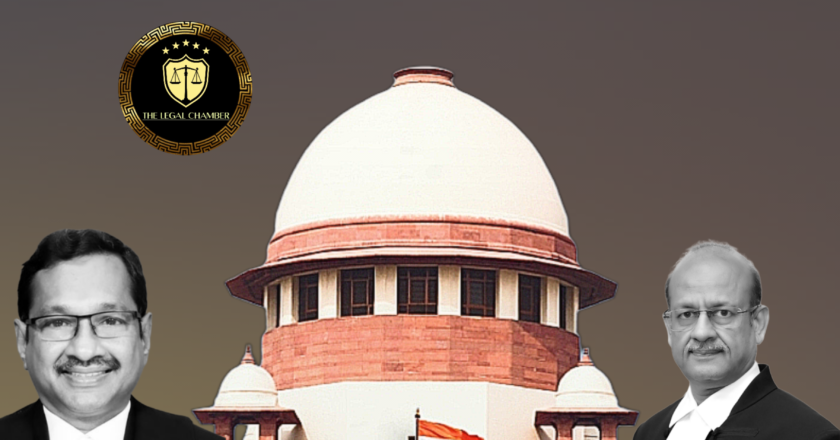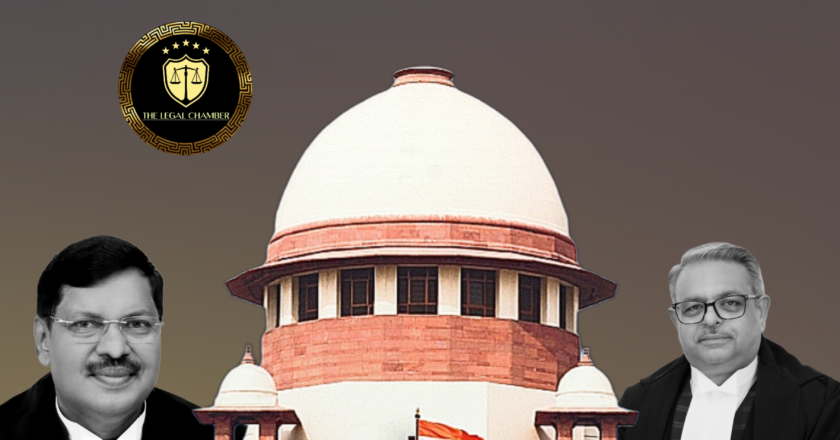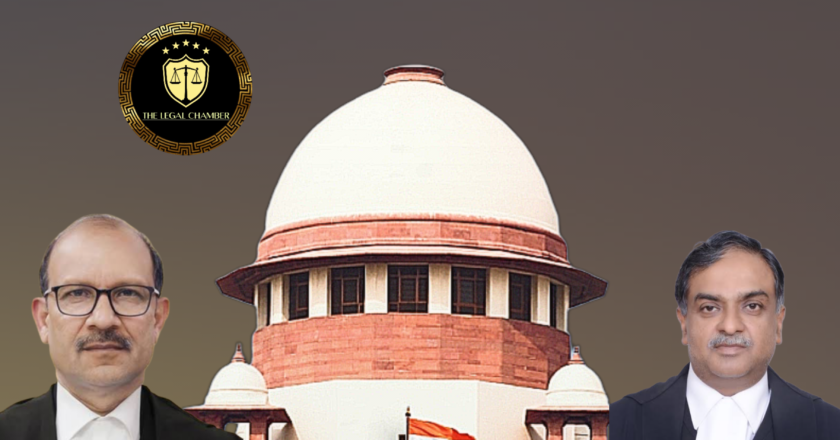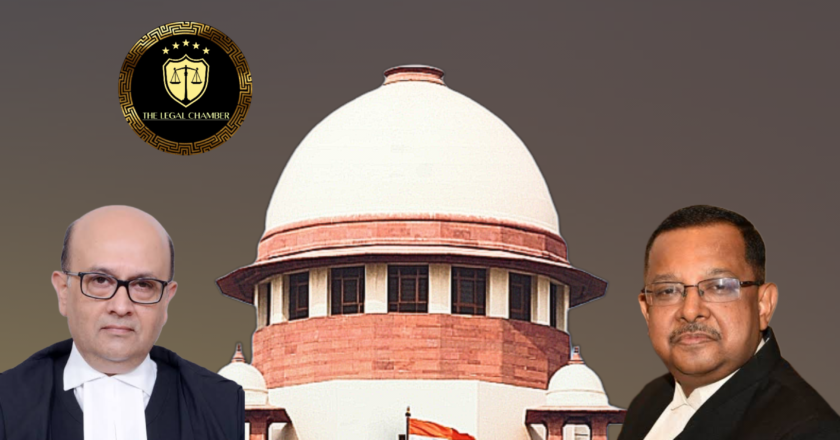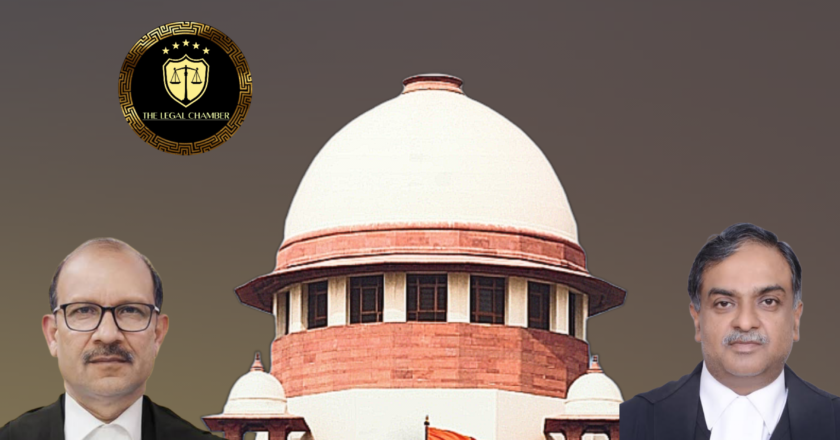Supreme Court Rules :Landowners Can’t Get Uniform Compensation for Power Lines
The Supreme Court set aside the High Court's judgment for failing to properly assess compensation under the Indian Telegraph Act, 1885. It emphasized that compensation must be determined based on location-specific evidence and remanded the cases. The Court also highlighted the absence of a statutory appeal mechanism against orders of the District Judge and referred the issue to the Law Commission for examination.
Facts Of The Case:
A power transmission project titled "400 KV Jhajjar Power Transmission System-PPP-1" was initiated by HVPNL in Haryana. Jhajjar KT Transco Private Limited (JKTPL) was awarded the project, which sub-contracted the erection work to Kalpataru Power Transmission Ltd. The 100 km-long transmission line passed through land in four districts, including Sonepat and Jha...
